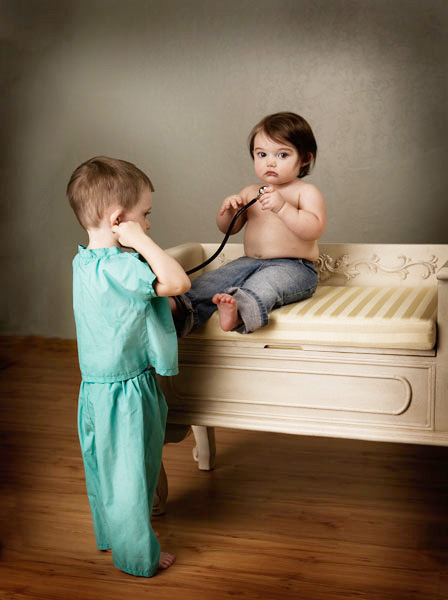
Allow me to somewhat knowingly decipher this article below for you...
In a nutshell, not every physician is a good sharer. Meaning that, unfortunately, some Moms slacked off and never taught the important "sharing virtue" to their children and some of those children grew up and became doctors.
Current awareness of "end of life care" including hospice, palliative care, supportive care, etc. should FOREMOST be the personal responsibility of EVERY PHYSICIAN to inform EVERY ONE of their patients of and with.
Patients go to physicians that they trust with their VERY LIVES, thus if there is any information that may even somewhat be beneficial to any patient (regardless of the physicians own personal opinions and experiences) their physician OWES IT TO THEIR PATIENTS LIVES to clearly share these resources!
Countless people, organizations, political groups, advocates, etc. and so on STRUGGLE to come up with additional ways to get End of Life and Palliative Care information to each and every patient, exceedingly high amounts of money and resources are used and spent in order to do so.
Why are all of these efforts to spread End of Life and Palliative Care Awareness necessary to begin with?!!
It makes absolutely no sense whatsoever, relaying this information should not be difficult! All each physician needs to do is personally and notedly hand one of those fliers/books/dvds/resources that they are constantly gifted with to their patients! That's it!
Do we really need to pass a law requiring physicians to "share"?
End-of-life care differs by race: study
NEW YORK (Reuters Health) - The way that older adults with advanced cancer live out their last days seems to vary based on race, a US study suggests.
But the reasons for the discrepancies remain unclear, according to the researchers, led by Dr. Alexander K. Smith of Beth Israel Deaconess Medical Center in Boston.
"Improved understanding," they write, "will hopefully lead to interventions that improve end-of-life care for all patients with advanced cancer."
SOURCE: Journal of the American Geriatrics Society, January 2009.




















